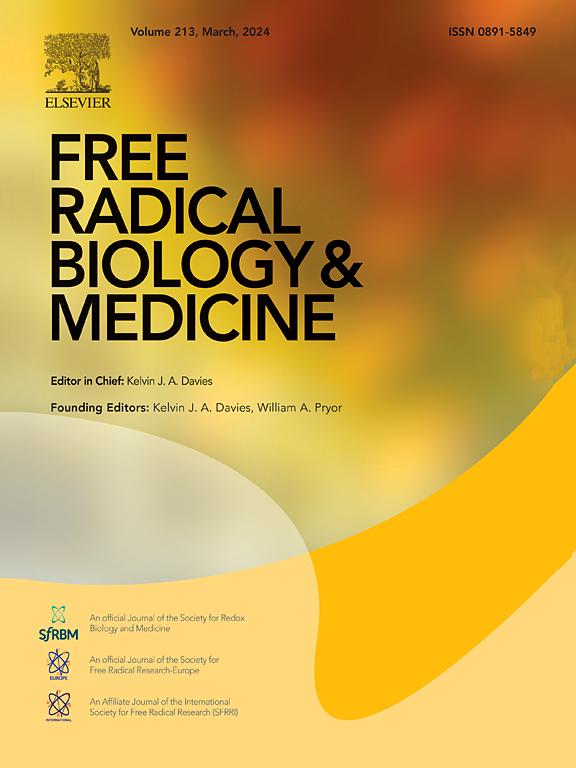A bioadhesive antioxidase-overexpressed probiotic prevents radiation enteritis by scavenging the excess reactive oxygen species
Abstract
The scavenging of the excess reactive oxygen species (ROS) induced by radiation is fundamental for radiation protection. However, directly applying antioxidants results in low bioavailability and side effects. Superoxide dismutase (SOD) and catalase (CAT) have high ROS clearance efficiency, whereas their application is limited by the enzyme inactivation, making it difficult to exhibit significant therapeutic effects. Here, we engineered a probiotic Escherichia coli Nissle 1917 (EcN), i.e., AAEcN, serving as a SOD/CAT vehicle to scavenge ROS for the prevention and treatment of radiation enteritis (RE). The overexpressed Drsod and katE in AAEcN showed 5-fold ROS elimination efficiency compared to the wild EcN. Furthermore, the intestinal retention time of engineered EcN was prolonged through trefoil factor 3 gene (TFF3) modification of curli fibers on the bacterial surface, which contributed to the persistence of antioxidant enzyme activity. We found that AAEcN rapidly eliminated the intracellular ROS induced by radiation. Only a single oral dosing of AAEcN was satisfied to alleviate the radiation damage to the small intestine, colon, and spleen. Moreover, the homeostasis of pro-/anti-inflammatory cytokines was realized. The proliferation of the intestinal stem cells and spleen hematopoietic stem cells was enhanced, while the apoptosis of mucosal cells was inhibited. Our findings suggest valuable insights into the ROS scavenging way in RE, and establish an empirical basis for developing probiotics as an antioxidant enzyme vehicle for the bacteriotherapy of RE.





